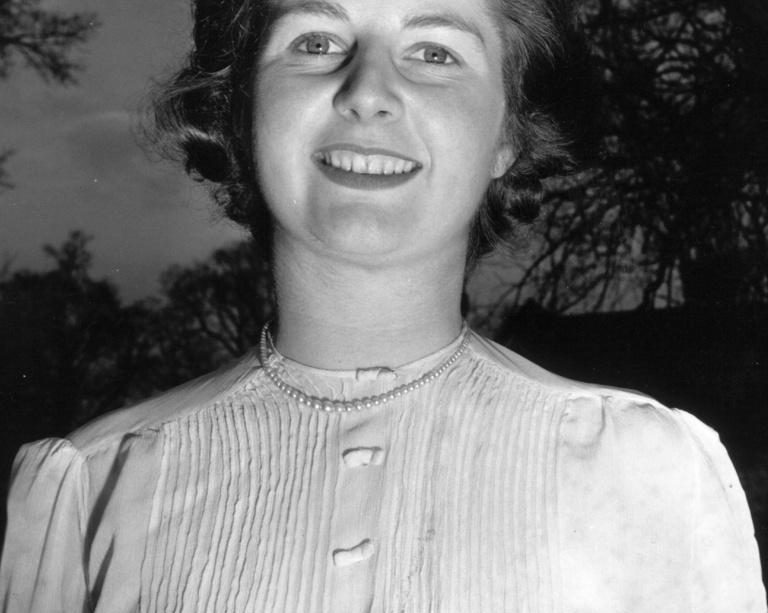The Lasting Legacy of Margaret Thatcher

Introduction
Margaret Thatcher, the first female Prime Minister of the United Kingdom, served from 1979 to 1990 and remains a pivotal figure in British and global politics. Her hardline stance on economic policies and foreign relations, alongside her leadership style, has left an enduring mark on the Conservative Party and the UK’s political landscape. Understanding her legacy is crucial not only for historians but also for contemporary political discourse.
Thatcher’s Policies and Political Impact
Thatcher’s rise to power was marked by a commitment to free-market principles, asset privatisation, and a reduction in state intervention. Her economic policies, often summarised under the term “Thatcherism,” sought to combat the stagflation of the 1970s through deregulation, tax cuts, and reducing government spending. These measures were met with both staunch support and fierce opposition, sparking significant public protests and strikes across various sectors.
In addition to her economic reforms, Thatcher’s foreign policy choices further defined her tenure. One of her most prominent moments came during the Falklands War in 1982, where her decisive military actions drew widespread support and bolstered her popularity. Her close relationship with U.S. President Ronald Reagan also highlighted her alliance in the fight against communism during the Cold War, ultimately shaping international relations during her time in office.
Controversies and Criticism
Despite her achievements, Thatcher’s policies were not without controversy. Critics argue that her austerity measures disproportionately affected the working class and contributed to the decline of traditional industries, particularly in the North of England. Her refusal to back down in the face of widespread criticism regarding her handling of social policies and public services further polarised opinions about her leadership style.
Conclusion: Thatcher’s Enduring Influence
Margaret Thatcher resigned in 1990, leaving behind a complex legacy that continues to evoke strong sentiments. Her influence can be seen in subsequent Conservative leaders and the current political climate in the UK, as debates about free-market policies versus state intervention remain relevant today. As the political landscape evolves, Thatcher’s approach to governance and her ideological commitments serve as both a lesson and a reference point for new generations of politicians and voters alike.









